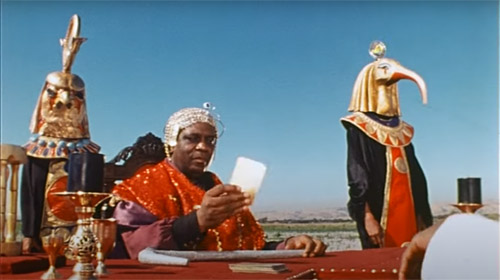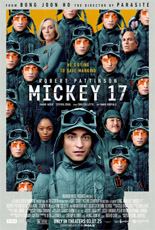

Between the unsettling visions of the great beyond and an unwavering devotion to depicting a dark, sad reality, The Sacred Spirit rides the line between unexplained phenomena and drastic sobriety. And not in the way you might think.
You see, Spirit is about the innocent layers of a fractured soul. Eventually, it gets to a rotten core that slashes and burns everything around. It’s a reverse ugly-duckling scenario that still shakes me after the credits rolled.
José (Nacho Fernández) is a simple guy who works at a small-time tapas bar with quirky regulars and personable clientele. After closing, he’s part of a UFO cult that believes spacemen are coming back — and very soon. While the community wrestles with finding a missing girl — José’s niece, mind you — he comes off like a somewhat dopey, but harmless crackpot.
Meanwhile, lamenting the loss of their beloved leader, the cult members trek to his grave on the town outskirts to pay their respects. There, José drops a child’s pink-bunny backpack into the river. While the police investigate, José takes his other niece, the missing girl’s twin, to an “astral plane” discussion, telling her stories about a UFO coming to take them away that evening to live in paradise.
It doesn’t happen, but what does is far worse.
At first, Spirit is about crazy UFO culture and their followers’ belief systems. But as the New Age group Sacred Spirit’s “Yeha-Noha” plays over the end credits, it’s methodically razed the whole area to ash in beauty and shame, purification and purification.
Chema García Ibarra’s bait-and-switch direction is close to the crazed realism depicted in Jose’s UFO books, with the Sphinx and other Egypt-centric items he imagines in his life. If you go into this wanting a flying saucer debate among the backroom crazies, sorry, it’s not here. The Sacred Spirit is a calm, almost mumblecore depiction of analog beliefs in a broken world. —Louis Fowler









